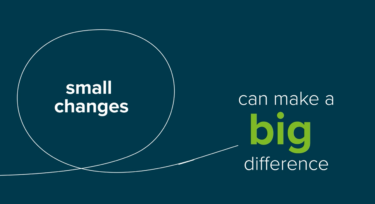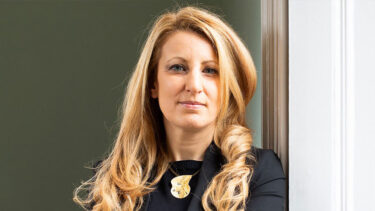With construction accounting for 60% of UK materials according to circular economy and resource efficiency experts Wrap, pressure is mounting for the sector to move towards a more sustainable built environment.
Wates Constructions Steven Bell discusses the need to embed the principles of a circular economy in industry operations to help conserve resources and maximise value.
As a nation we have more of a cultural distaste for waste than ever before and rightly so too. According to Government statistics*, waste from commercial and industrial activities in the UK fell from 41.9m tonnes in 2014 to 32.2m in 2016 and while it is tempting to look at the statistics and be encouraged by improvement, there is a lot more to be done.
The most important thing when it comes to sustainability, in my opinion, is to engrain it in our culture whether thats personal or professional. Its obviously very important to remind ourselves and each other to operate in a way thats responsible to the environment but we need to strive for something more permanent, that slots sub-consciously into our everyday lives.
This is exactly the ethos that we instill at Wates. Recycling and diverting waste from landfill has long been an intrinsic part of our work but were becoming increasingly focussed on evolving our approach to embrace the principles of a circular economy. More than just recycling, the circular economy looks at the entire life cycle of materials to keep resources in use for as long as possible. This takes into account where they are sourced from, their optimum use, their longevity and if they can be recovered and regenerated at the end of their service life.
Its my view that in order to embrace the principles of a circular economy, it needs to be on the table at the very early stages of a buildings design so that we can determine the optimum use of products from day one. In this sense, we are taking a lean approach to building that will in-turn create the most value for our clients.
The reality of course is that it isnt always possible to adopt wholly recyclable materials or practices within our industry and depending on the design brief and specifications compromises do have to be made. That said, when you are switched on to the principles of a circular economy you identify opportunities that you may not have considered and thats ultimately what drives continuous improvement.
Of course a cynic could interpret our efforts as a simple CSR exercise for commercial gain. While its true that clients are looking for companies that demonstrate their responsible practices, this is a very short sighted view. As an industry we need to reduce our reliance on non-renewable materials. More importantly, as a family business, Wates heavily invests in working practices that support the environment and communities, and what is our work for if not to make things better for future generations?
*DEFRA, Government Statistic Notice, UK Statistics on Waste, 22 February 2018




